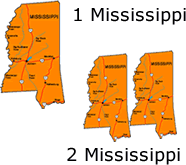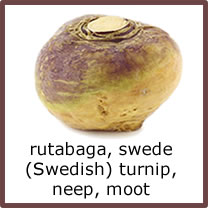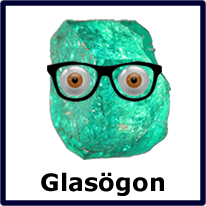Recently I learnt the Russian word вместо [ˈvmʲestə], which means instead of or in place of. It is very similar to вместе [ˈvmʲesʲtʲe], which means together or along with. This got me wondering whether these words come from the same root.
вместо comes from в (in) место (place) [source].
вместе comes from въ мѣстѣ, from въ мѣстѣхъ, from мѣсто (place; field; square; settlement) [source].
So it seems that they are related, if I’ve understood the etymologies correctly.
Here are some examples and related words include:
– Ну… вы собрали вместе интересных подчиненных. = Well, it’s an interesting group of employees you’ve put together here.
– пошли в театр вместо концерта = let’s go to the theatre instead of the concert
– вместо того чтобы критиковать, постарайтесь понять. = try and understand instead of just criticizing.
– Тогда, по крайней мере, мы могли бы быть вместе вместо того, что имеем. = Then at least we could be together instead of whatever this is.
– вместе с тем = at the same time
– вместить = to hold, to accommodate, to fit sth/sb in
– вместиться = to fit in
– вместительный = spacious





